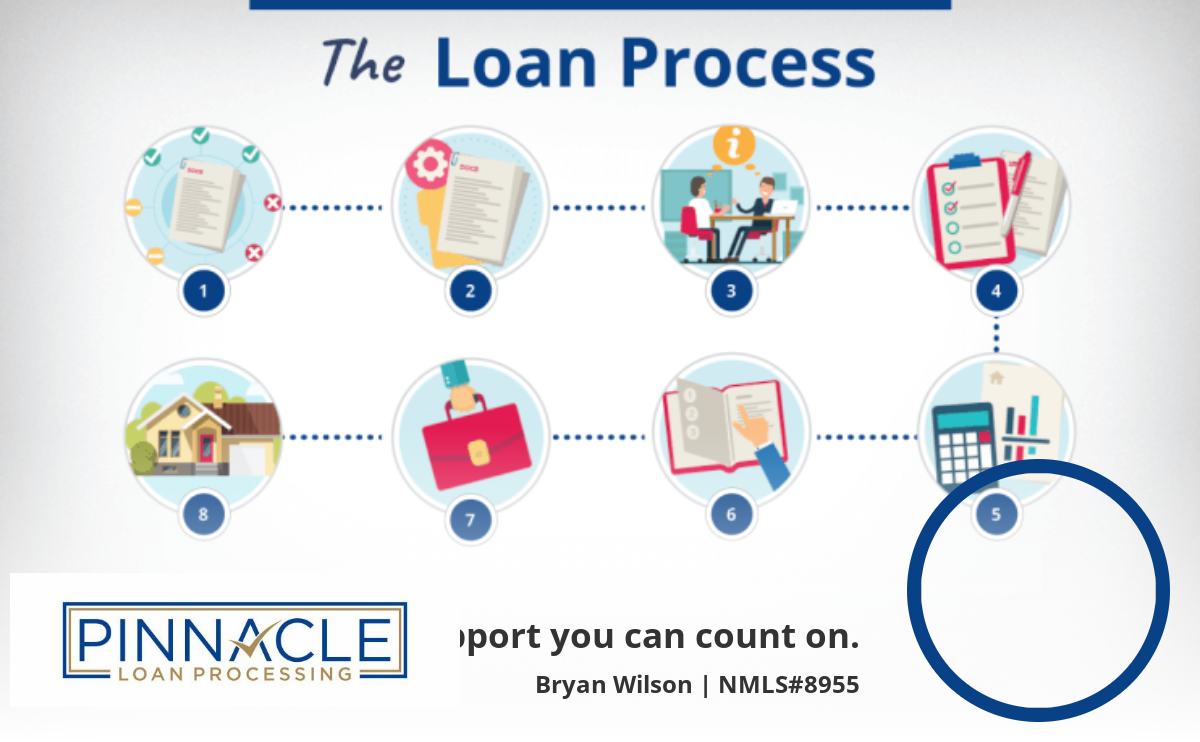The Mortgage Loan Process Explained

The Journey To Home Loan Approval and Home Purchase
Not sure what to expect when looking to apply for a home loan? We've put together this overview to help you understand the mortgage loan process.
Pre-Qualify
Many begin by getting an estimate of how much they can qualify for. In this step, we start the process by getting to know more about you and your financial situation. We may do a soft credit pull and check your income and debt-to-income ratio. This information will give us a reasonable estimate.
Loan Application
The next steps to getting approved for a home loan are doing a thorough credit check and submitting the required documentation such as pay stubs, tax documents, and credit statements. Once approved, you'll have an approval letter and are now ready to make an offer on your dream home.
Offer and Appraisal
Once you've found a home that you'd like to purchase, the lender will order a home appraisal to make sure the home's market value and your offer are in-line.
Underwriting
The underwriter makes sure the deal fits all guidelines. Sometimes they ask for additional documentation, but it doesn't necessarily indicate a problem. Respond quickly to any requests to keep the process moving forward and close as quickly as possible.
Closing
Before closing, you'll receive a Closing Disclosure showing the actual terms of the agreement and your final costs. Review these closing documents and ask for clarification if you don't understand anything. Once everything is clear, you'll be ready to sign the final paperwork and pay for closing costs.
✅ Benefits of Contract Loan Processing for VA Loans
-
Specialized VA Knowledge
-
VA loans have unique requirements (COE, residual income, funding fee calculations, appraisal requirements).
-
A contract processor experienced in VA loans can spot potential issues early and streamline the process.
-
-
Cost Savings for Lenders
-
No need to hire full-time staff; processors are paid per file.
-
Helps smaller brokerages or lenders manage fluctuating loan volumes without carrying extra payroll.
-
-
Faster Turn Times
-
Contract processors often work remotely and are paid per closed file, so they’re incentivized to move loans quickly.
-
They can push COE requests, follow up on VA appraisals, and ensure VA-specific forms (26-1880, 26-8923) are completed on time.
-
-
Compliance & Accuracy
-
VA has strict guidelines (e.g., allowable fees, seller concessions, and veteran protections).
-
A skilled processor reduces risk of compliance errors that could lead to loan buybacks or funding delays.
-
-
Scalability
-
During high volume seasons (e.g., rate drops, PCS military moves), lenders can bring on extra processors quickly without long-term HR commitments.
-
-
Reduced Loan Officer Burden
-
Lets LOs focus on originating, networking, and serving clients while the processor handles gathering DD-214s, income docs, pest inspection reports (if required), and underwriting conditions.
-
-
Improved Borrower Experience
-
Veterans and active-duty borrowers often value clear communication and speed.
-
A processor who knows the VA process can anticipate documentation needs and prevent last-minute surprises.
-
👉 In short: Contract processors help lenders stay lean, compliant, and efficient, while ensuring veterans have a smoother experience.
Get Your
FREE eBOOK
